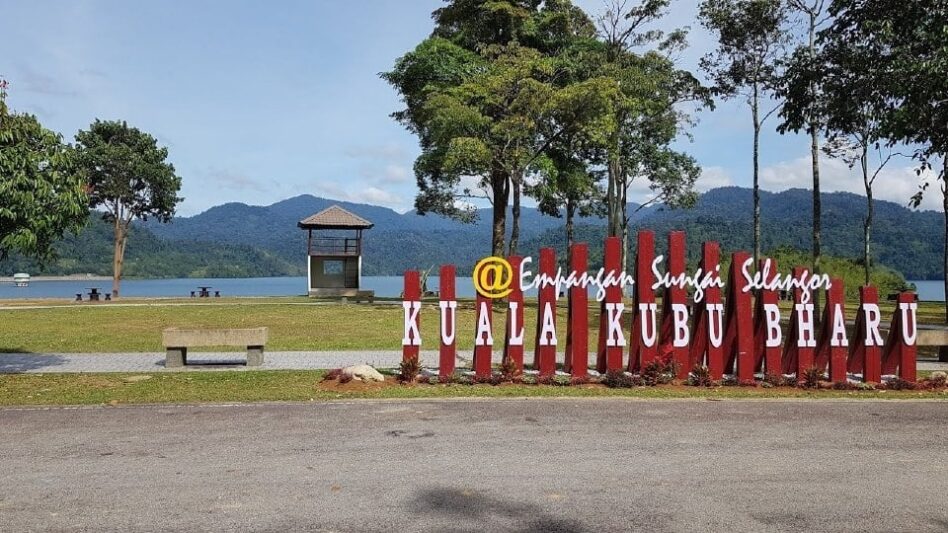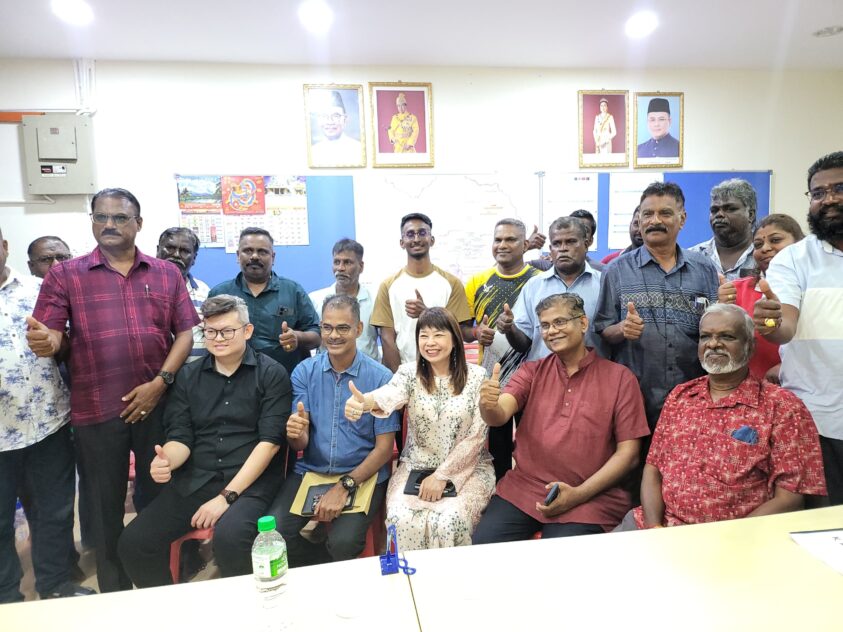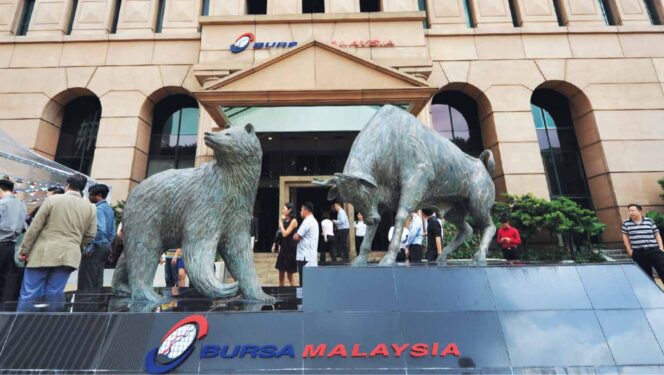By Lee Heng Guie
THE news flow of a syndicate has monopolised government projects through tenders/quotations worth more than RM3.8 bil since 2014 until now is mind blogging. The failings uncovered in the public procurement system may be the “tip of the iceberg” and calls for the Government to expedite public procurement reforms.
The questionable mismanagement and fraud of public procurement as well as misappropriation of public money for substantial private gains has a long history. Rampant corruption in public procurement has enormous negative consequences as it diverts public funds into unproductive, inappropriate, and uneconomical projects.
Worst still, some of these abuses of public funds were undetected, and taxes were unpaid. Such monetary transaction is considered as shadow economic and business activities.
In many Auditor General’s Annual Reports, the Auditor-General had spelled out issues concerning the abuses and irregularities in public procurement. These include myriad problems of wastage, overpricing, cost overruns, delays, and sub-standard quality in the final delivery of projects.
Public procurement, which involves large sums of spending money, is highly vulnerable to procurement fraud and corruption. Among the types of procurement fraud are conflict of interest, bid-rigging, and awarding contracts to unqualified contractors and rent seekers and cronies.

According to the World Bank (2015), governments in developing countries had spent on average 15% to 20% of gross domestic product (GDP) buying goods and services and building public infrastructure and facilities such as schools, airports, rails, utilities, roads, and hospitals. It is estimated that between 10-30% of the investment in publicly funded construction projects may be lost through mismanagement and corruption.
Malaysia spends more than RM150 bil (equivalent to almost one-fifth of total GDP) each year in procuring goods, works and services. It is believed that 30% can be saved if leakages and wastage are cut.
Malaysia’s public procurement system and process is critically in need of fixing and reforms. We have wondered why it is that whenever government tries to buy anything it ends up being weirdly expensive, slow, and quite often, not meeting the specifications and requirements.
We need to tackle transparency and integrity risks in the management of government contracts not only to achieve public spending efficiency gains in providing better quality of services to public, but also to optimise scare public resources and reduce wastage to rebuild government savings.
Public procurement is a complex matter. The Ministry of Finance has set the rules and regulations to govern government’s procurement practices, which are governed by the Financial Procedure Act, Government Contract Act, Treasury Instructions, Treasury circulars and Federal Central Contract circulars.
In the tabling of 2019 Budget, the Government has proposed to introduce the Government Procurement Act (GPA) in 2019 to ensure transparency and open competition, accompanied by open tender practices and punitive action for any abuse of power in relation to contract issuance.
The National Anti-Corruption Procurement’s (NACP) target of 2023 for the enactment of the GPA should be fast tracked.
The fundamental tenets of designing a coherent, sound, and modern government procurement system are as follows:
- Maintain an open, fair and market competition bidding process. Direct negotiation is restricted and for security and uniformity purposes. Institutionalise public disclosure practices of procurement activities to promote transparency and accountability.
- Continued enhancement of an e-procurement system, which is a key component in the reform and modernisation of public procurement framework. The use of e-procurement can be very efficient in increasing competition and transparency and hence, can greatly help in reducing corruption in public procurement.
- A central purchasing body that acquires goods or services covering goods and services of common interest, such as in office supplies and pharmaceuticals. Savings can be realised in terms of better prices and lower transaction costs.
- Increase transparency and accessibility to public records and documents. The necessary administrative measures to preserve integrity in accounting books, records, and financial statements.
- The use of objective and predetermined criteria for public procurement decisions, to facilitate the subsequent verification of the correct application of the rules or procedures.
- Develop a risk indicator system with red flags signalling potential problems in the procurement process.
- Invest in the professionalism, including promote the integrity of officers handling the procurement function. Develop a national training and forensic auditing skill in scrutinising public procurement.
- A whistle-blower protection mechanism to safeguard citizens and private firms in monitoring public procurement functions to detect procurement bypasses committed by civil servants.
- Establish an Independent Oversight Commission to oversee the procurement process in combating corruption and abuse of government procurement. These include the strict enforcement of punitive action for any abuse of power in relation to contract issuance and hold the contractors accountable for the undeliverable of projects as well as the blacklisting and debarring of errant contractors.
An important area of reform is to enhance the transparency in public procurement system, which has been marred by political interference. The evaluation, selection and awarding of contracts have been often influenced by the lobbying of politicians and businesses having vested interests to which they are connected. – April 9, 2021
Lee Heng Guie is the executive director of the Socio-Economic Research Centre (SERC).
The views expressed are solely of the author and do not necessarily reflect those of Focus Malaysia.










